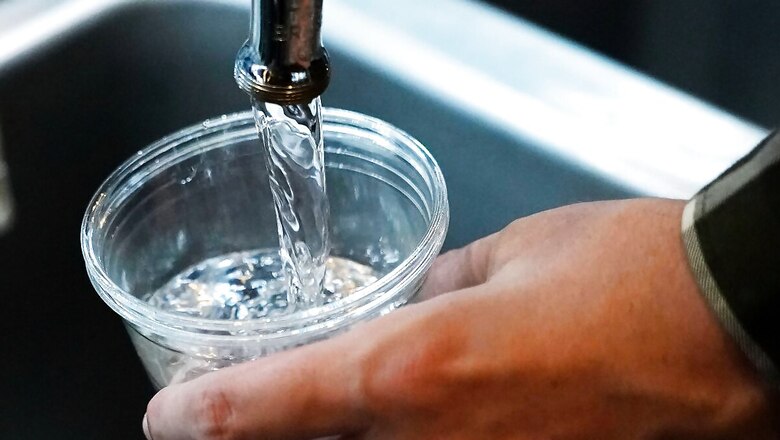
views
Residents across South Devon, located in England, have been instructed to boil their tap water following the confirmation of 22 cases of a diarrhoea-type illness.
While, a primary school in Brixham, situated in South Devon, has been forced to shut down after the emergence of 70 suspected cases in the area, prompting lorries to transport bottled water to the affected fishing town amid reports of panic buying in supermarkets.
The illness is suspected to be linked to the parasitic bug cryptosporidium, notorious for causing severe stomach problems.
Cryptosporidium symptoms
According to the UK Health Security Agency (UKHSA), symptoms of cryptosporidiosis include watery diarrhoea, stomach pains, dehydration, weight loss, and fever, with the potential duration of two to three weeks.
The UKHSA cautioned that anyone can contract the disease, stressing its potential severity, especially among individuals with compromised immune systems.
Highlighting that the parasite cryptosporidium is primarily transmitted through water, the agency emphasised the risk of infection from drinking contaminated water or swallowing it in swimming pools or streams.
South West Water (SWW), a private utility company in the UK responsible for managing water supply and wastewater treatment, has revealed that investigations are underway into the Hillhead reservoir and the broader Alston area as potential causes for the outbreak, the BBC reported.
Additionally, SWW has urged residents across South Devon, including areas like Brixham, Boohay, Kingswear, Roseland, and northeast Paignton, to boil their tap water as a precautionary measure.
Boil water for drinking, cooking & dental hygiene
Chris Rockey, an official from SWW, highlighted the importance of boiling water for drinking, cooking, and dental hygiene within the affected areas.
He stated that the company would maintain collaboration with health professionals and vigilantly monitor the water supply. The investigation was initiated following contact from the UKHSA on Monday.
Although data from tests conducted by SWW on Tuesday indicated that treated water leaving the treatment facilities was uncontaminated, subsequent tests conducted overnight revealed small traces of cryptosporidium.
While SWW expressed confidence that boiled water remained safe for consumption and issued the advisory as a precautionary measure, Rockey could not specify a duration for how long residents should continue boiling water.
He assured that further guidance would be provided once the water supply had returned to its normal state.


















Comments
0 comment